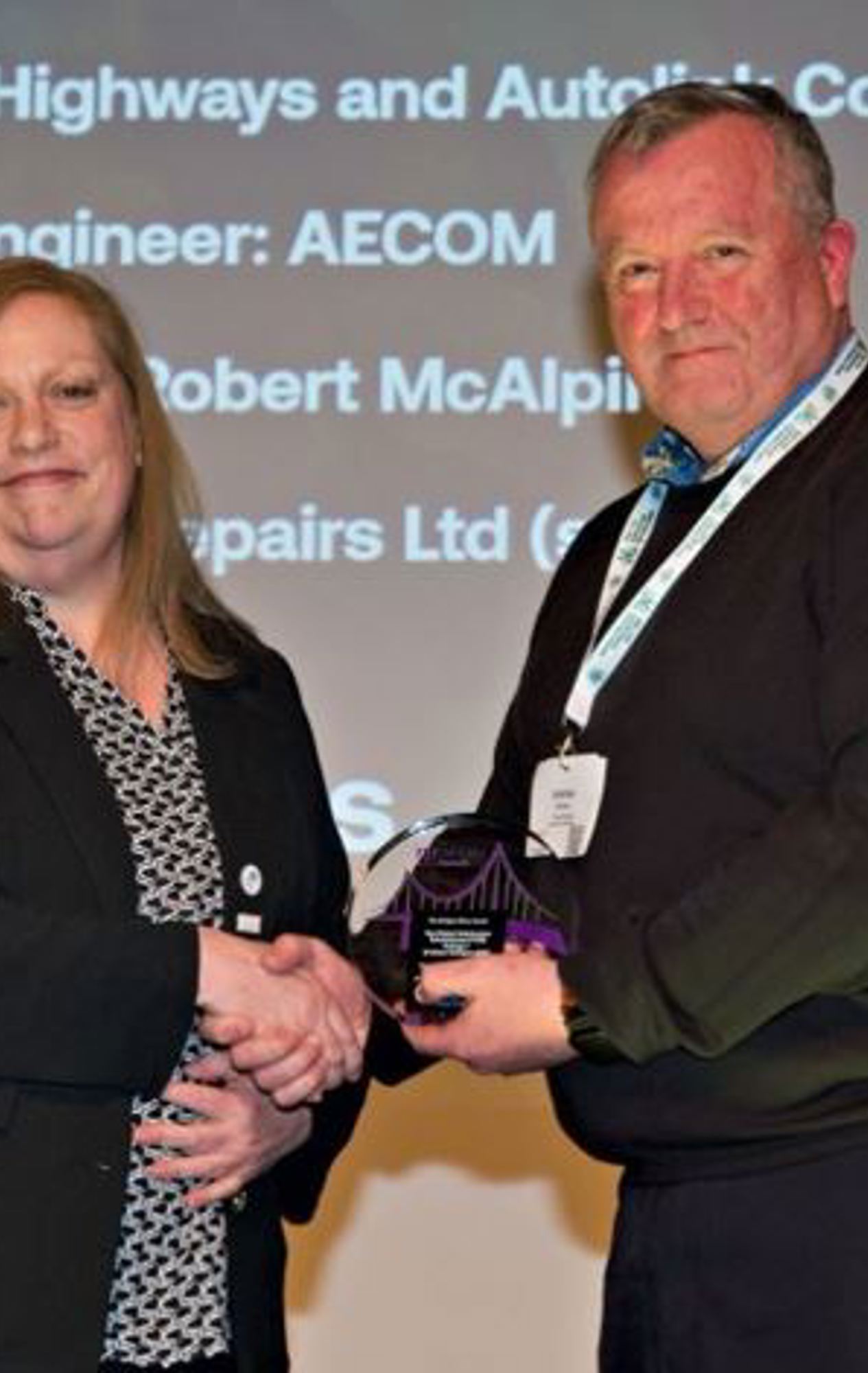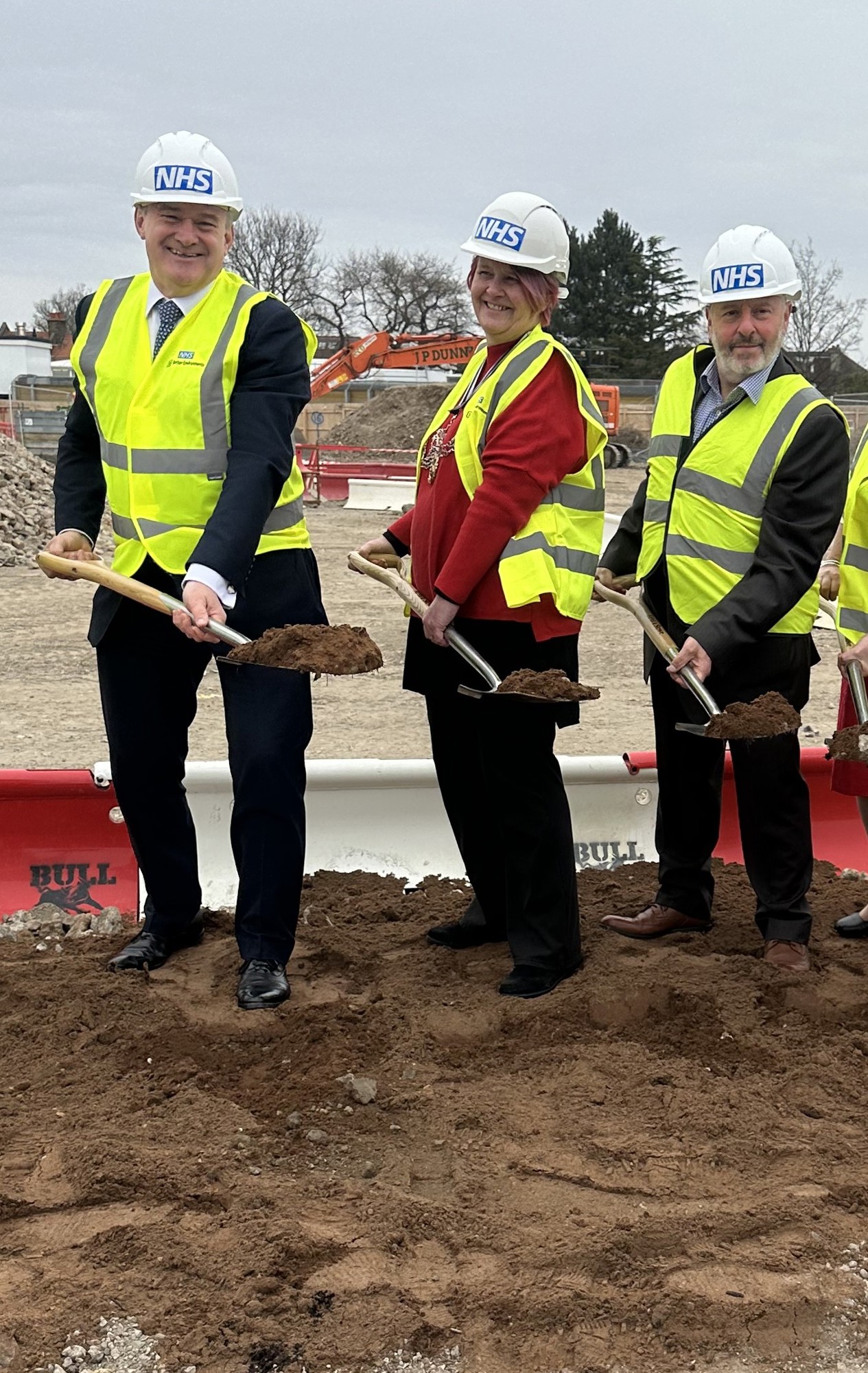SRM to lead Tata Steel's Port Talbot decarbonisation
We are thrilled to announce we have been appointed to lead Tata Steel’s £1.25B decarbonisation project at Port Talbot, transforming it into a hub for sustainable steel production.
Our appointment as main contractor as part of Tata Steel UK’s decarbonisation plans at Port Talbot is the latest chapter in our involvement at the steelworks which stretches back to the late 1940s.
The original facility was one of many major iron and steelworks constructed by the company as the UK sought to rebuild its industrial might in the aftermath of the Second World War.
The reconstruction work at the site was one of the biggest post-war enterprises in the country, with a value of £60m.
We were responsible for the most radical of the alterations to the steelworks, all of which had to be completed while the plant remained in full production, a factor which added hugely to the project’s complexity.
In what was a huge civil engineering undertaking, works included the foundations for blast furnaces, one of which was the largest in the world at the time, delivery of a reinforced concrete gantry for ore transportation, construction of a power house and the diversion of a river, a main sewer and British Railway lines. A quay wall was also extended to provide more berthing space at the works’ iron ore quay.
With each of the plant’s operations integrated and dependant on each other, ensuring all the work was carried out to schedule was vitally important.
The fact that all our work was delivered on time or early was only possible thanks to our close collaboration with the plant’s production team and a determination to avoid any delay, despite the formidable challenges involved. It is a way of working and an approach to overcoming challenges which will be familiar to our modern day project teams.
The national press reported at the time:
“…The immense significance of the work carried out by Sir Robert McAlpine and Sons Ltd cannot be overstressed. It consisted of designing, enlarging and modernising the existing Margam works to increase output for Abbey Strip Mill.
“Extending British Railways docks tracks, together with viaducts, bridges, embankments and the tripling of the existing capacity constructing eight miles of new works sidings and relaying all works railway. The construction of reinforced concrete work to two blast furnaces, power and boiler house, wharf extensions, half a mile concrete ore bunkers, transfer car bridges and many ancillary buildings.”
By the 1960s the Abbey Works, as the original Margam plant came to be known, was Europe’s largest steelworks and the biggest single employer in Wales, with a labour force of 18,000.
We are thrilled to announce we have been appointed to lead Tata Steel’s £1.25B decarbonisation project at Port Talbot, transforming it into a hub for sustainable steel production.
Sir Robert McAlpine appointed to build NESST, a new £30m space tech hub in Newcastle.
The A19 project team wins the Ethos award for excellence in wellbeing, training, and community engagement.
South West London and St George’s NHS Trust begins the redevelopment of Tolworth Hospital, part of a £1bn investment in mental health care and community integration.


